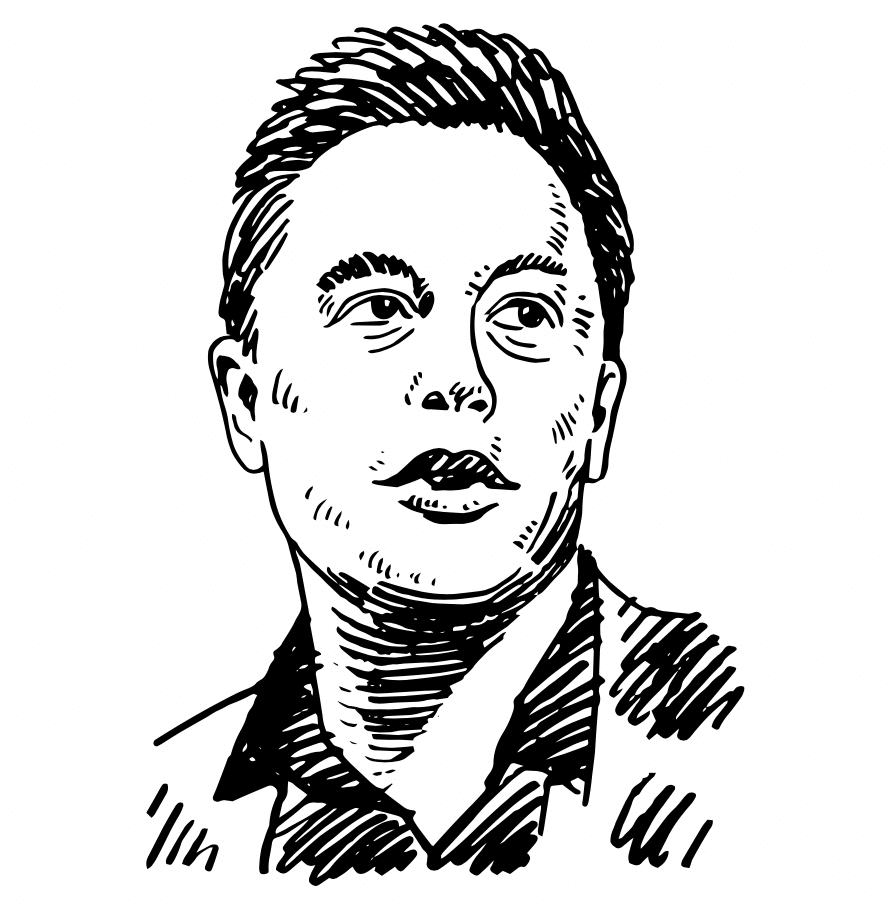Digital technologies enable new, effective platform business models. They challenge traditional industry boundaries and threaten incumbents. One of the critical success factors for platform companies is what we call intelligent arrogance.
Intelligent arrogance means that these companies act first and ask questions later. But they do it intelligently. Like Tesla is testing autonomous driving features without followging regulation. It argues that as a human is in control it does not fall under the regulation of autonomous cars. Or Uber, which has avoided, conflicted, and challenged regulation in various cities. Or e-scooter companies that have expanded rapidly while raising concerns from regulators.
A recent study by Raghu Garud and colleagues about Uber’s expansion beautifully illustrates these dynamics. The central point: companies need to create both market acceptance and socio-political acceptance. Market acceptance means that people want to use the service. Socio-political acceptance means favorable legislation. Acting boldly before having gained socio-political acceptance is a key to achieving it.
Platform companies transcend established rules and norms
Platform business models rely on network effects to improve the efficiency and quality of the service. The more drivers Uber has, the more valuable the service for riders, and vice versa. When network effects are central, companies need to move fast. This is because the one who first gets critical mass is likely to end up as the winner.
But established rules and regulations may forbid the new business model enabled by digital technologies. Some companies choose not to act because of this. But others still act. And when they act, they gain more users and kick-start the development of their network effects.
Uber and Airbnb
When Uber entered San Francisco in May 2010, it was among the first ride-sharing companies to use a smartphone app. Its functionalities fell somewhere between regulations governing taxis and private hire vehicles. Instead of seeking permission from one or the other, Uber sought none and entered the marker.
Similarly, Airbnb did not follow regulations for hotels. Rather, it created the app and started creating demand. More and more people started using the service. This strengthened the network effect and made the service ever more value-adding for millions of people.
Google, Tesla, and Upwork
Google is also growing on a slippery slope: it’s showing news and media content in its search results without paying fees to the producers. By showing the content, it is making people use Google ever more. Hence, people get more committed to Google. Consequently, the search results get better due to data network effects.
Tesla is no saint either. Tesla’s cars have the self-driving mode, but they do not have full regulatory approval for self-driving. Nevertheless, by enabling self-driving, Tesla impresses its customers with advanced technology and boosts its brand. Furthermore, as AI learns from each mile driven, Tesla’s self-driving is getting better due to the increased usage.
Upwork has enabled freelance work for millions of people across country boundaries. Often, the regulations are not clear regarding insurances, taxation, and other conditions. But this has not stopped the company from growing and people benefitting from the platform.
Deployment of market strategies to generate market acceptance
No surprise, the actions of these companies have raised concerns among regulators. And strong reactions. But the companies have fought back, showing intelligent arrogance. Garud and colleagues describe Uber’s approach, and we show additional examples.
Uber’s actions to gain market acceptance
Uber actively attracted drivers and riders despite not having regulators’ approval. It, for example, offered financial incentives for both drivers and riders and organized high visibility events. These actions made people ever more aware of Uber. They also made people perceive the service as ever more valuable.
In this way, Uber managed to grow. And as it grew, it achieved two benefits. First, regulators had to attend to the benefits of Uber’s business model, as more and more people liked the service. It’s difficult to forbid an activity that is loved by a large number of voters.
Second, Uber moved further ahead in building the critical mass for strong network effects. Its potential competitors, who moved slower, had fewer riders and drivers. They were, therefore, in a weaker position for future growth.
Other companies have acted in analogical ways. For instance, the food delivery platform Wolt expanded aggressively even though there were open questions related to the legal status of its couriers. As Wolt kept acting, it kept growing. And as it grew, more and more people benefitted from the service, and public opinion became ever more favorable toward it.
Tesla, scooters, and Airbnb act to gain market acceptance
Tesla uses smart marketing to gain acceptance for full self-driving capabilities. Elon Musk stated that people should not drive without their hands on the wheel, even if technologically possible. This led many bloggers and journalists to write stories about testing their Tesla’s capabilities. In this way, they were creating awareness and acceptance for the solution.
E-scooters have caused severe accidents in cities across the globe. Still teh companies have marketed them with sustainability. Electric scooters pollute less than cars and therefore do good for the cities. In addition, they are convenient, making people like their use. Hence, more and more people are starting to see them as a legitimate and positive element in cities.
Airbnb uses communities to gain trust. It is making people share their experiences and help one another. In this way, it reinforces its legitimacy and reputation among people. It is making more and more people feel that it is OK and acceptable to provide short-term housing via its platform. Hence, more and more people are using it.
Deployment of nonmarket strategies to garner sociopolitical legitimacy
Nonmarket strategies refer to approaches a company uses in relation to regulation or other entities not directly part of its business. Garud and colleagues named three strategies that Uber used. Our analysis recognizes that many other companies do the same.
Avoidance
Uber simply avoided some of the regulations that some think it should have followed. It, for example, created the Greyball tool that helped drivers avoid picking up potential city officials who might have fined them. Uber engineers invented the term “greyball” to refer to a “grey zone” over regulators’ “eyeballs.”
Similarly, e-scooter companies are avoiding regulation. It’s unclear if escooter should be categorized as a vehicle (like motorcycles or traditional scooters) or not. This categorization would influence whether they should be driven on the roads for cars vs. pedestrians, whether the rider should wear a helmet, and various other issues.
But instead of seeking to find out, e-scooter companies simply entered cities. In this way, they started the network effects, and regulators followed.
Apple is also acting aggressively and only changing its rules if regulators are about to intervene. Consumers seem to accept Apple’s policies because they enjoy a one-stop-shop for applications, regardless of whether the shop complies with all local regulations.
Defiance
In many cases, Uber fought back in the legal arena. For example, when labor boards and unions required the company to classify its drivers as employees, Uber legally contested the claims.
Other companies are doing the same. For example, authorities in Finland decided that food couriers should be considered as employees, not entrepreneurs. Instead of complying, Wolt said the company would appeal the decision at the court.
Airbnb likewise has challenged regulators. In December 2019, it won a court battle in the EU. The court ruled that Airbnb is not an estate but an “information society service.” This meant that Airbnb did not have to follow the same regulations as estate agents.
Manipulation
Uber also sougth to actively influence the regulators to generate more favorable policies. For example, Garud and colleagues note that “In Portland, the National Employment Law Project noted that lobbyists and representatives of Uber and Lyft accounted for 30% of all city lobbyists’ activity in 2015.”
Airbnb’s success in court also partly stemmed from active manipulation. It has funded campaigns to support the deregulation of its business model.
E-scooter companies have likewise engaged in active influencing to generate more favorable legislation.
Intelligent arrogance
A variant of the saying that “It’s easier to get forgiveness than permission” has been a mantra in entrepreneurial business schools for a long time. In the platform economy, where the virtuous cycle of network effects drives growth and winner takes all, this saying is ever more relevant.
Companies that have created new kinds of business have shown intelligent arrogance. They acted first to gain customers’ support and negotiated with regulators later.




